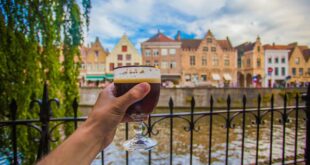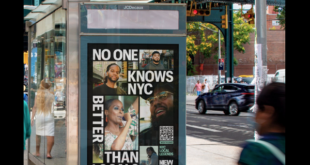Following its ninth and final visit to PyeongChang, the International Olympic Committee’s coordination commission has left Korea “very confident” the city is prepared to welcome the world to the XXIII Olympic Winter Games.
“Over the course of our three-day evaluation visit, PyeongChang’s readiness to host the Olympic Winter Games 2018 was highlighted,” said IOC coordination commission chair Gunilla Lindberg.
“We saw first-hand the advances that have been made on venues and infrastructure, as well as heard updates on plans to further engage with Olympic fans.
“While details must continue to be refined in the coming months, it was evident that the organising committee is well on its way to delivering successful Olympic and Paralympic Winter Games.”
With all permanent venues complete or nearing completion, in addition to focusing on operational readiness PyeongChang 2018 will now ramp up its promotional activities, with the second phase of ticket sales starting next week, and the Olympic Torch Relay set to begin in just over two months.
Both of these important programmes are expected to heighten media and public attention for the games, while rights-holders’ and partners’ campaigns showcasing the event will also start to get underway.
The president of the PyeongChang 2018 organising committee, Lee Hee-beom, commented: “We are now just 162 days away from the start of the Olympic Winter Games and working to put the important finishing touches to the games.
“We are listening, and we are responding to all of our stakeholders and taking all the feedback and advice from the sessions this week.
“We want to make these the best winter games ever and showcase Korea to the world as a global leader in sports and as the new hub for winter sports in Asia.”
The commission also visited the Gangneung Olympic Village, which will house approximately 1,000 athletes during the games.
The commission members stopped off at another important legacy site when they visited the new high-speed train station at Jinbu.
Not only does the train serve as an additional transport option for those coming from Seoul for the Games, it will also connect Seoul to the Alpensia mountain region and Gangneung coastal areas for decades to come.
However, despite legacies being identified in the bid and different options being presented over the past seven years, the definitive legacy use for several venues is still outstanding.
You can read more of the news on source
 Travelsmart
Travelsmart



